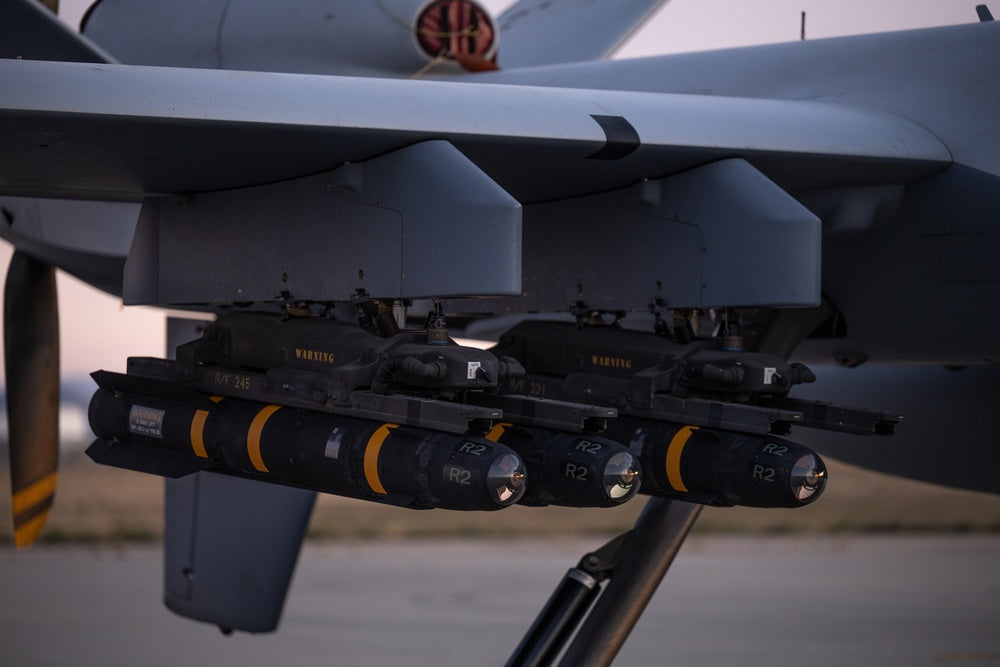
Russia studying captured US ATACMS missile guidance system, says RIA
PHOTO CAPTION: United States and South Korean troops utilizing the Army Tactical Missile System (ATACMS) and South Korea's Hyunmoo Missile II, fire missiles into the waters of the East Sea, off South Korea, July 5, 2017. 8th United States Army/Handout via REUTERS
(Reuters) - Russian forces have captured an intact guidance system from a long-range U.S.-made ATACMS missile and are studying the American military technology, Russia's RIA state news agency said on Monday.
Video footage released by RIA showed an unidentified weapons expert, with his face concealed by a balaclava, examining what he said was a guidance system from an Army Tactical Missile Systems (ATACMS) weapon apparently shot down by Russian forces. Reuters could not verify the equipment shown in the video.
The expert is seen showing labels on the back of the missile's GPS guidance system, which indicate it originated in a U.S. army store in Alabama. He explains that the captured hardware allows Russia to study how the missiles are controlled during flight.
Viktor Litovkin, a retired Russian colonel, told the online Lenta.ru news portal that Moscow would try to identify any weak spots and use the information it gleaned to improve its ability to shoot down ATACMS missiles.
"We can reconfigure our surface-to-air missile systems that are supposed to shoot it (the missile) down and we can reconfigure and fine-tune our electronic warfare systems against this missile," Litovkin was quoted as saying.
Washington began supplying Ukraine with the long-range ATACMS several months ago, after two years of having rebuffed requests from Kyiv for weapons with such a range. The missiles can strike up to 300 km (186 miles) away, around double the range of the HIMARS systems that the United States began supplying Ukraine in 2022.
Moscow has condemned Washington for supplying the weapons, which it says is an escalatory move. Russia says the United States assists Ukraine in firing them, which Washington denies.
(Reporting by Andrew Osborn; Editing by Peter Graff)









